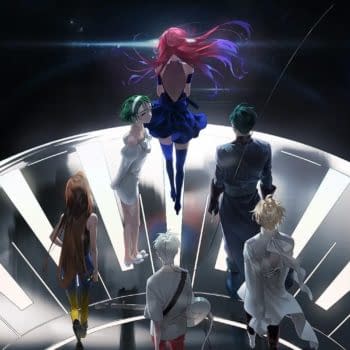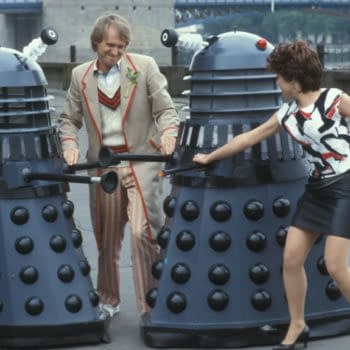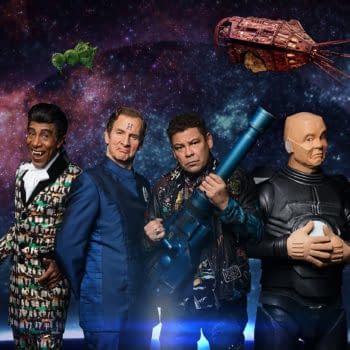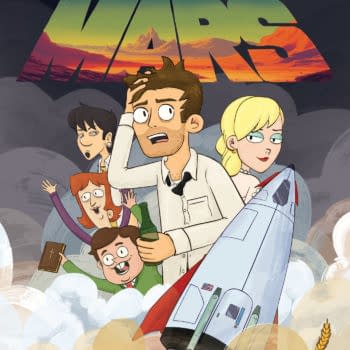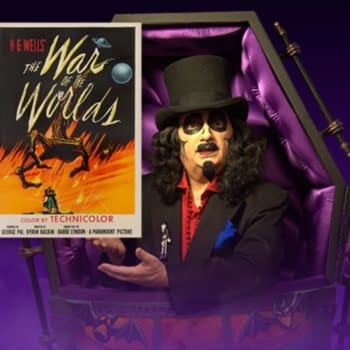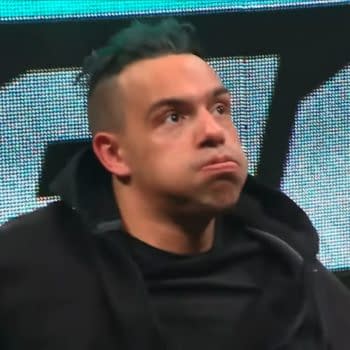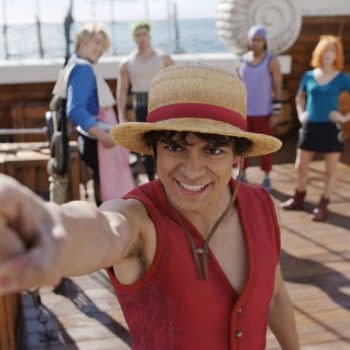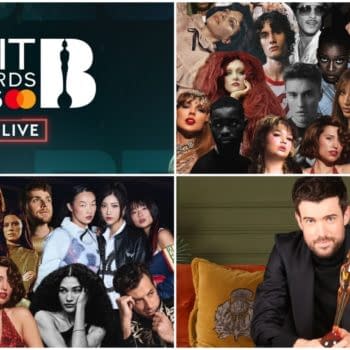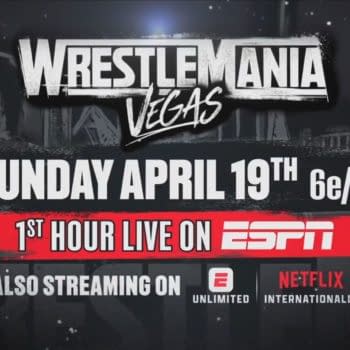Posted in: BBC, Disney+, Doctor Who, TV | Tagged: bbc, disney, doctor who, russell t davies, star trek, sylvester mccoy
Doctor Who and Star Trek Have Fought Gods For Over 50 Years
With Doctor Who and Star Trek celebrating Friendship is Forever, here's how both franchises handled encountering gods and god-like beings.
It's the week after San Diego Comic-Con and the love fest between Doctor Who and Star Trek since both series – especially now – are about saving the universe through the power of Friendship! Both series are like the yin and yang of Science Fiction Television, having been around practically as long as each other. Apart from the homages that both series have paid to each other, especially recently, they also had a tendency to encounter gods or god-like beings throughout their histories.
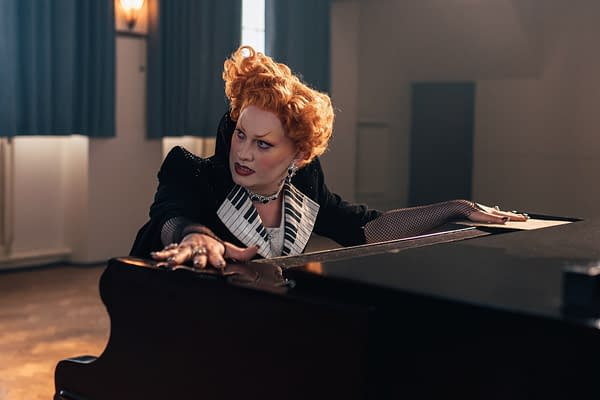
The original pilot for Star Trek, "The Cage," featured the Talosians, who had god-like powers that could manipulate Captain Pike's sense of reality, and returned in the two-part story "The Menagerie" to grant the crippled Pike a chance to live out the rest of his life free from his mangled body. In "The Celestial Toymaker," the Doctor encountered the first god-like being who could control reality itself. The Toymaker, of course, returned in the 60th Anniversary Special "The Giggle" last year. In the original series of Star Trek, the crew encountered the Greek god Apollo, The Orgonians, the Metron, Trelane (who might be considered part of the Q Continuum in retrospect), and so on. Even Star Trek: The Next Generation encountered their share of gods, including Q, in their first adventure, "Encounter at Farpoint". Trek continuity is positively crawling with gods. In the 1970s and 1980s era of classic Doctor Who, the Doctor and his companions encountered the White and Black Guardians, and in the 1980s, the Seventh Doctor (Sylvester McCoy) encountered the Gods of Ragnarok in "The Greatest Show in the Galaxy." The Doctor is in many ways a god.
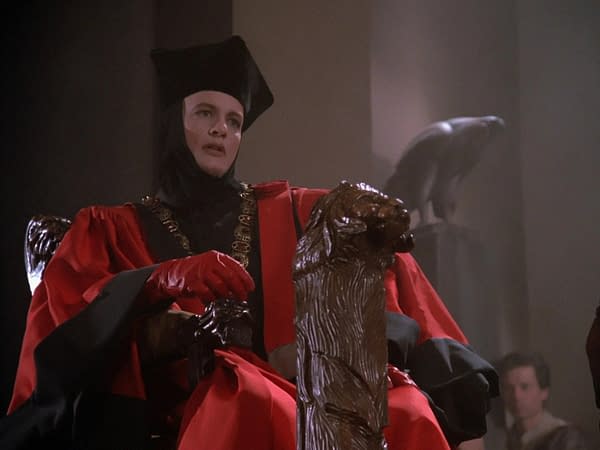
Arthur C. Clarke said, "Any sufficiently advanced technology is indistinguishable from magic." That gives all writers a free ride to portray anything that looks like magic as "advanced science." Doctor Who and Star Trek certainly take advantage of that whenever it suits them. Star Trek has had time travelers interfering in history for ages, with even Wesley Crusher (Wil Wheaton), now a time agent, most recently playing a homage to Doctor Who in Star Trek: Prodigy. For all we know, gods or god-like figures in both Star Trek and Doctor Who could be considered beings so evolved that they became one with all of Space and Time – like the Q Continuum in Star Trek.
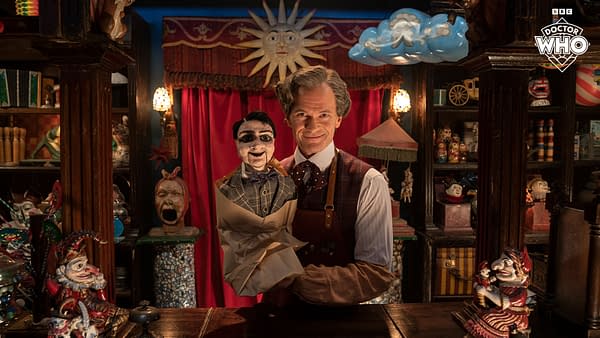
Russell T. Davies recently began to take Doctor Who in the direction of fantasy and the supernatural, allowing for the stories to start including magic. When you think about the series' history, it doesn't really need that to explain the appearance of gods, but it's probably useful for new fans who never saw the classic series to not experience tonal whiplash when gods and supernatural beings show up. The Toymaker (Neil Patrick Harris), his child Maestro (Jinxx Monsoon), and Sutekh (Gabriel Woolf) are all gods that the Doctor fought. You could say that the Toymaker and Maestro might be part of the Q Continuum, which would tie the show to Star Trek. In fact, you could just say all the changes in both shows – including the ones that fans hate – were due to the Q, which really makes them the writers and showrunners who are the real gods. They are the real gods overseeing both series. That is the twist at the end.
Doctor Who is now streaming globally outside the UK on Disney+.



